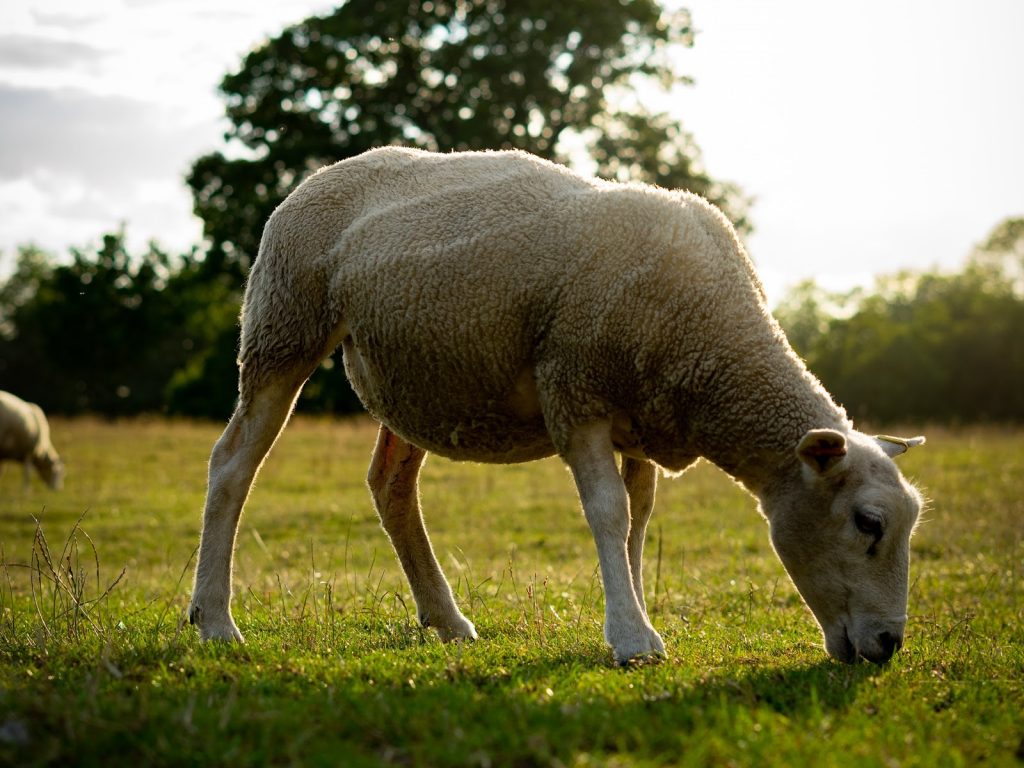
Folks who already own or work on a farm already know how much work goes into running one, and how much satisfaction you can get from seeing the job done well. For many people, the idea of starting a farm or a hobby farm is an attractive idea. There’s something rewarding about the idea of growing your own food, raising your own eggs, or being able to provide enough food to feed other people. As idyllic as the idea may be, transforming it into a real, functioning farm is an entirely different matter.
No matter which way you look at it, your farm will take a lot of planning, and you won’t be able to learn everything right at the start. There will be mistakes and missteps, but with these essential tips, we hope you’ll be able to avoid the worst of them and get your farm running as smoothly and as quickly as possible.
1. If you want to make a profit, plan it like a business.
If you’re starting up a hobby farm purely because you want the joy of looking after one, then you can pretty well figure things out as you go. However, if you want to bring in a profit from your farm, then from the moment you start putting it together, you need to be thinking of it as a small business.
- Will you need financing?
- Are there any obstacles in your way, such as available land or the need for more staff?
- What will your main products be?
- How will you get them marketed?
- What materials do you need to produce your products?
2. Put in the time to research the plants and animals you’ll be raising
This will come as no surprise to you, but different plants and animals have different nutrition and care requirements. If you have your heart set on raising sheep, you’ll need different accommodations and food for them than, say, chickens. If you only want a few goats for milk and cheese, you won’t need a livestock watering trough built for ten heads of cattle. Determine early on what you’ll be raising. For the sake of our example, let’s say you’re going to be growing potatoes and keeping around 10 chickens.
When you do your research, you’ll discover that you can grow potatoes more quickly if you allow them to sprout first, and you can get a larger harvest from a smaller amount of starter potatoes by quartering each one first. You’ll also need to hill them (cover with additional soil or dirt) as they grow to prevent exposure to sunlight, which could create inedible greening of the crop. The chickens will require a coop large enough to comfortably house them all, complete with nesting boxes if you’re after eggs, and you’ll need to consider whether they might be at risk from any local predators like foxes or coyotes.
By taking these specific considerations into account, you’ll be able to create your farm for the products you’ll be producing, rather than putting together a generic setup that might not provide the support you need.
3. If you’re new to farming or raising animals, start small.
It’s okay to not burst overnight into a fully-functioning, diverse farm with three different types of livestock and five different crops. As you begin figuring out your routine and what your farm will require in terms of work and upkeep, start small. Commit to one major crop and/or one form of livestock, and focus on looking after them. You’ll be able to devote more time and care to their success, which increases your odds of having a successful growing season.
4. Save and conserve resources where you can.
Farms – even hobby farms – can be expensive in terms of land, labour, and capital. That’s why one of the best things you can do is to conserve or reuse resources where possible. If you have enough animals that you need to keep several livestock watering troughs filled at any given time, it could be worth your while to collect and filter rainwater. If you need fodder for your animals to eat, consider growing it rather than buying it. By maximizing the resources you have, you’ll be able to produce the most gains for a minimal cost – and that’s savings that can go directly back into your farm.
Provide With SPI’s Livestock Watering Troughs
For those who are still looking for the perfect watering system for their farm or hobby farm, consider SPI’s line of energy-free, insulated livestock watering troughs. Designed to accommodate a variety of different animals and herd or flock sizes, these livestock waterers are easy to clean, minimal to maintain, and are constructed of food-grade, recyclable plastic. You can even browse online with our digital catalogue.
If you’d like to learn more about SPI’s selection of energy-free livestock watering troughs, give us a call at 1-800-269-6533 or contact us online.